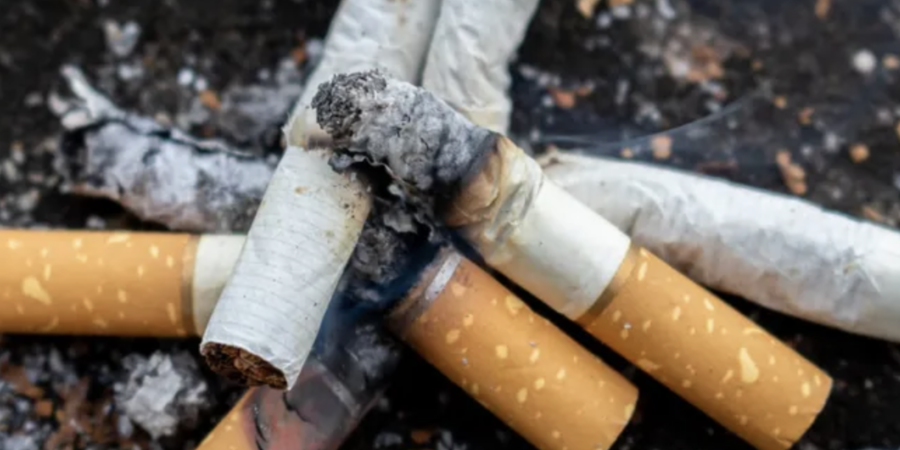A proposal from Brazil on the management of cigarette butts and other tobacco waste that pollutes the environment began to be debated this Thursday by the delegates who attend a world conference in Panama. This is how, representatives of more than 180 countries have reviewed since Monday the implementation of the Framework Convention on Tobacco Control (FCTC) of the World Health Organization (WHO), in force since February 27, 2005.
The Brazilian proposal at this tenth conference (COP10) of the FCTC mainly refers to environmental responsibility in the management of tobacco waste and has the support of other Latin American countries, including Mexico, Ecuador and Panama.
“One of the very current discussions is what cigarette butts are thrown in the environment, in the oceans, in water springs, and how this implies pollution of the environment,” he added.
Tobacco not only causes damage to the health, but also to the planet, said the official, who heads the office for implementing the Framework Agreement in Brazil.
“What Brazil wants is to separate the discussion of the environment from the discussion about crop diversification, because this is more a problem of the producing countries and the issue of the environment is for all countries that have tobacco consumers,” said Da Costa e Silva.
“The idea is to start a collection of evidence [on the damage caused by tobacco waste] so that a decision based on science can be made at the next COP,” he said.
It is estimated that tobacco currently kills more than eight million people a year in the world, including 1.3 million passive smokers exposed to smoke, according to the WHO, but there are no global studies on environmental damage.
Tourist engagement with tobacco
As part of the environmental issues, at COP10, experiences in the replacement of tobacco crops and in the protection of marine ecosystems have been reviewed.
“We have been able to make the transition of more than 5,000 tobacco producers in a region where these crops prevailed,” the head of the Kenyan delegation, Mary Muthoni Muriuki, told AFP.
The program has advanced “with help from the WHO, technical expertise and financial assistance to ensure that farmers have more [income]. They are switching to products such as green beans,” he added.
Palau’s delegate, Candance Koshiba, explained that her small island nation now demands that tourists sign a commitment to take care of the environment, without throwing cigarette butts on beaches or the sea.
“We must raise awareness that cigarette butts are made of plastic and are toxic to the marine environment,” Koshiba warned.“
At COP10, possible measures to regulate emerging tobacco products are also discussed, which are gaining followers among young people, including e-cigarettes and heated tobacco, which the industry presents as a healthy alternative for those who cannot stop smoking.
The delegate of Kenya explained that although in her country people who smoke cigarettes went from 22% to 11% between 2014 and 2022, now “more women are attracted to new products than men.”
“Perhaps because of their labeling […] and also the flavors, women are more attracted to them,” Muthoni Muriuki told AFP.
